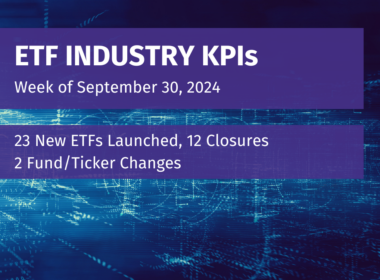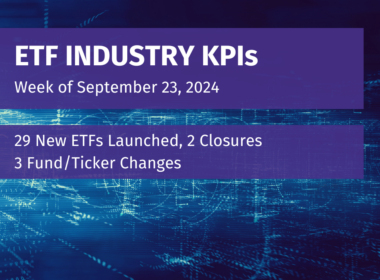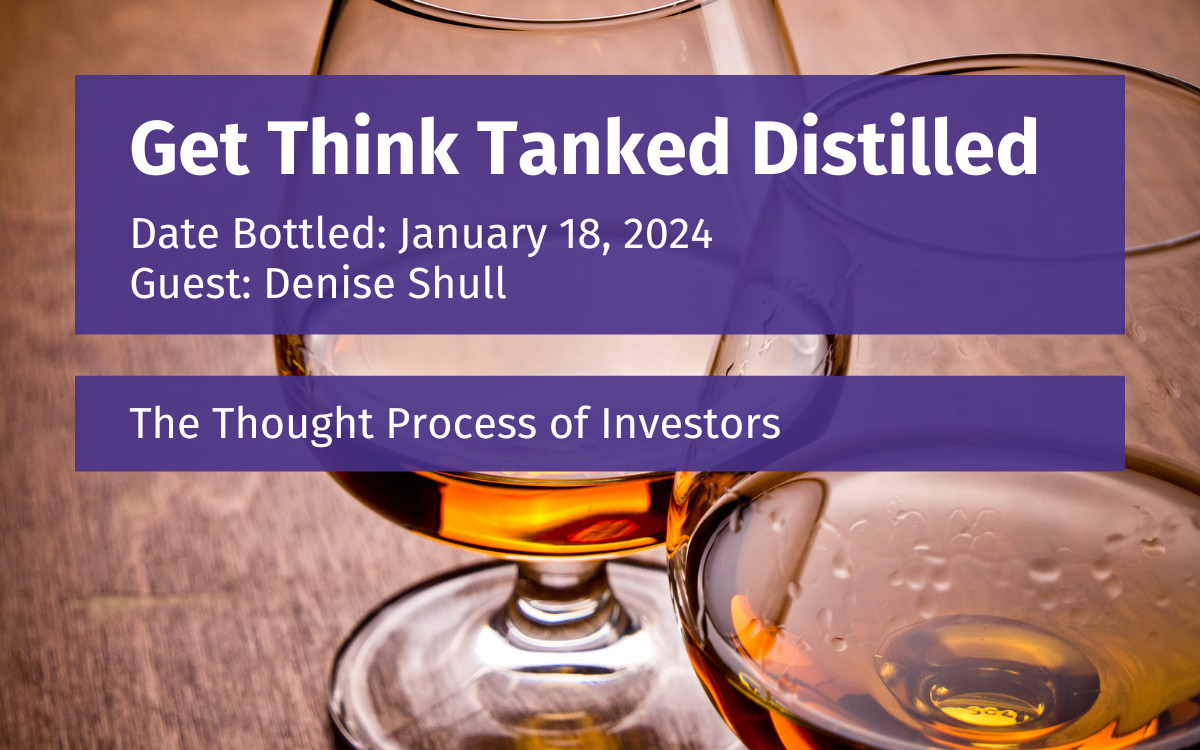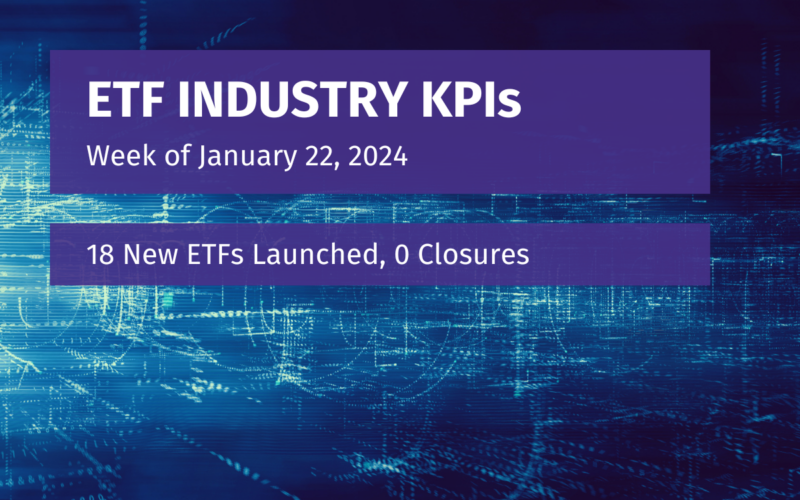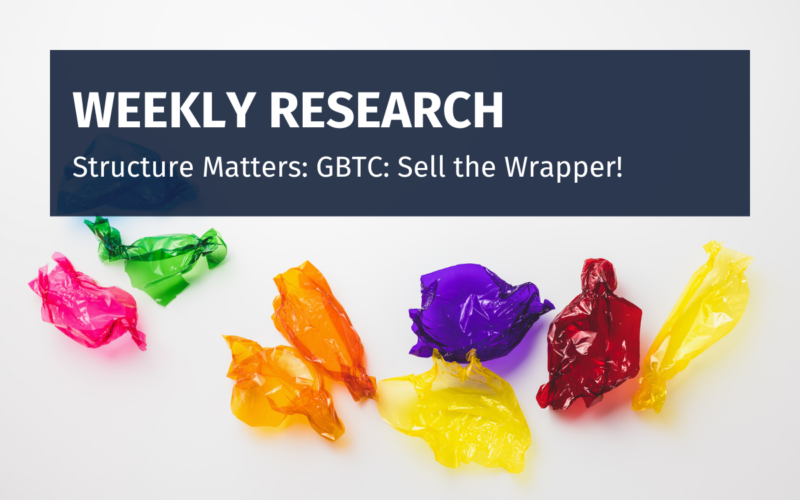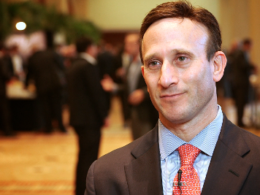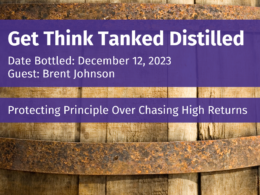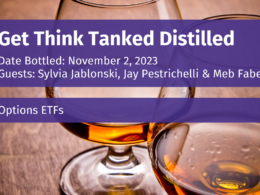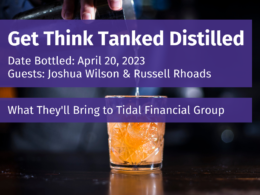In the financial markets, separating emotion from logical decision-making is often advised, but achieving this balance can be challenging. Emotions are involved in nearly every decision we make, but it’s how we handle those emotions that can make all the difference. Denise Shull, the founder of ReThink Group, has been studying human behavior as it relates to Wall Street traders and joins the ETF Think Tank to explain where investors’ thought processes are getting it wrong and how they can make it right.
The foundational question is how people are expected to separate emotions from logical decision making. Shull explains that you need to start with the accurate science of perception. By that, she means understanding how people perceive their environment and their responses to it. We must assume that people are always predicting and they’re specifically predicting what something means for them. Broadly speaking, “will this be good for me or bad for me”.
Shull goes on to say that the human body gives us all sorts of signals and it’s these signals that can help separate useful emotions from those that should be ignored. Investors that can perceive their internals can last longer and make more money. Humans are constantly getting new information and the more successful people will understand how to use that information for their benefit. You need to learn if a feeling is intuitive or impulsive. Whether it’s integral or incidental. You can decide that you’ll work with that internal dataset and learn from it.
What’s the difference between impulse and intuition? Intuition is usually calm. You sort of expect something to happen or there is a sense of recognition. Impulse is “do something now”. A lot of it is pattern recognition. People often need to take a minute to figure out how they really feel. Is the decision that the person is making really about the market or is it about anything else?
From human perception, Shull says that there’s no other environment like the financial markets. Even if you have a long only perspective, investing is a constant barrage on your mental well- being. A lot of people get lost in self-criticism & missed opportunities and it causes them to miss or ignore the fundamentals when opportunities are presented again. The thought of getting fired if stock market performance is too poor will often haunt someone to the point that they start to panic, which affects future decision making. When something bad happens, you should go back to the original decision and break down what caused that decision. Don’t go back to the middle of the process because decisions made there were a function of the original decision.
The process of overcoming a mistake is to understand that mistakes happen all the time. What often happens is you’re told to put it behind you, but your brain is still telling you that you screwed up. Your brain wanting you to learn the lesson always wins. It creates doubt and then it impacts your ability to react the right way the next time. Then you have more doubt, and it turns into a vicious spiral. You need to understand what caused the first mistake and what you can learn from the feelings you had about it.
One of the biggest problems with today’s 24/7 news cycle is that people feel more anxious because they feel like they’re going to miss something. They worry that there’s some piece of information that they’re not factoring in. In many cases, it causes delayed decision making to their detriment. Stanley Druckenmiller says that he will make a trade when he gets the intuition and then follows it up with the detail and analysis work. He says if he doesn’t trade when he gets the intuition, he knows he’ll miss it.
Other key takeaways:
- When it comes to investing, the parts of a person associated with predicting the price of something are the same parts used to predict people. In many ways, it’s not even about anything quantitative.
- How do you change an impulse decision to an intuitive one? You don’t change it. You just recognize them and learn to sort them out. Decision making is heavily influenced by your belief in yourself.
- To understand what you really think is to be willing to hear the answer. Have the courage to listen. Be willing to hear yourself.
- If you’re sleep deprived, you’ll mis-perceive the risk.
- Shull thinks that a lot of what we’ve taught about using emotions in decision making is wrong. People are told to take emotion out of it or only deal in probabilities, but decision making just doesn’t work that way. It’s not about losing money on a trade, it’s the feeling of failure or stupidity that’s most damaging.
Disclosure
All investments involve risk, including possible loss of principal.
The material provided here is for informational purposes only and should not be considered an individualized recommendation or personalized investment advice. The investment strategies mentioned here may not be suitable for everyone. Each investor needs to review an investment strategy for his or her own particular situation before making any investment decision.
All expressions of opinion are subject to change without notice in reaction to shifting market conditions. Data contained herein from third-party providers is obtained from what are considered reliable sources. However, its accuracy, completeness, or reliability cannot be guaranteed.
Examples provided are for illustrative purposes only and not intended to be reflective of results you can expect to achieve.
The value of investments and the income from them can go down as well as up and investors may not get back the amounts originally invested, and can be affected by changes in interest rates, exchange rates, general market conditions, political, social, and economic developments, and other variable factors. Investment involves risks including but not limited to, possible delays in payments and loss of income or capital. Neither Tidal nor any of its affiliates guarantees any rate of return or the return of capital invested. This commentary material is available for informational purposes only and nothing herein constitutes an offer to sell or a solicitation of an offer to buy any security and nothing herein should be construed as such. All investment strategies and investments involve risk of loss, including the possible loss of all amounts invested, and nothing herein should be construed as a guarantee of any specific outcome or profit. While we have gathered the information presented herein from sources that we believe to be reliable, we cannot guarantee the accuracy or completeness of the information presented and the information presented should not be relied upon as such. Any opinions expressed herein are our opinions and are current only as of the date of distribution, and are subject to change without notice. We disclaim any obligation to provide revised opinions in the event of changed circumstances.
The information in this material is confidential and proprietary and may not be used other than by the intended user. Neither Tidal nor its affiliates or any of their officers or employees of Tidal accepts any liability whatsoever for any loss arising from any use of this material or its contents. This material may not be reproduced, distributed, or published without prior written permission from Tidal. Distribution of this material may be restricted in certain jurisdictions. Any persons coming into possession of this material should seek advice for details of and observe such restrictions (if any).




